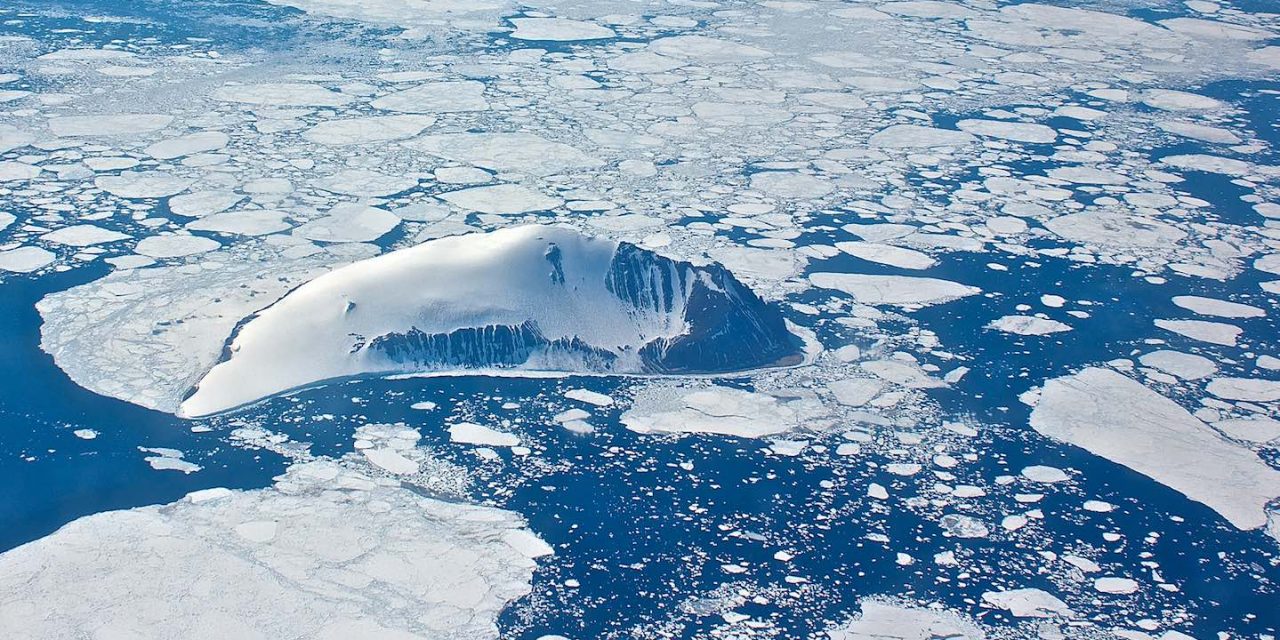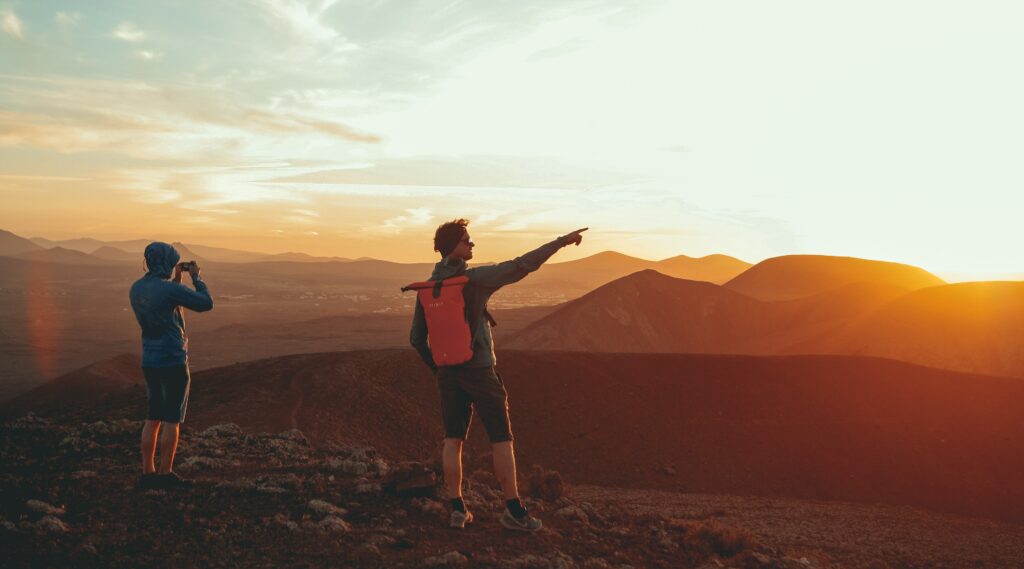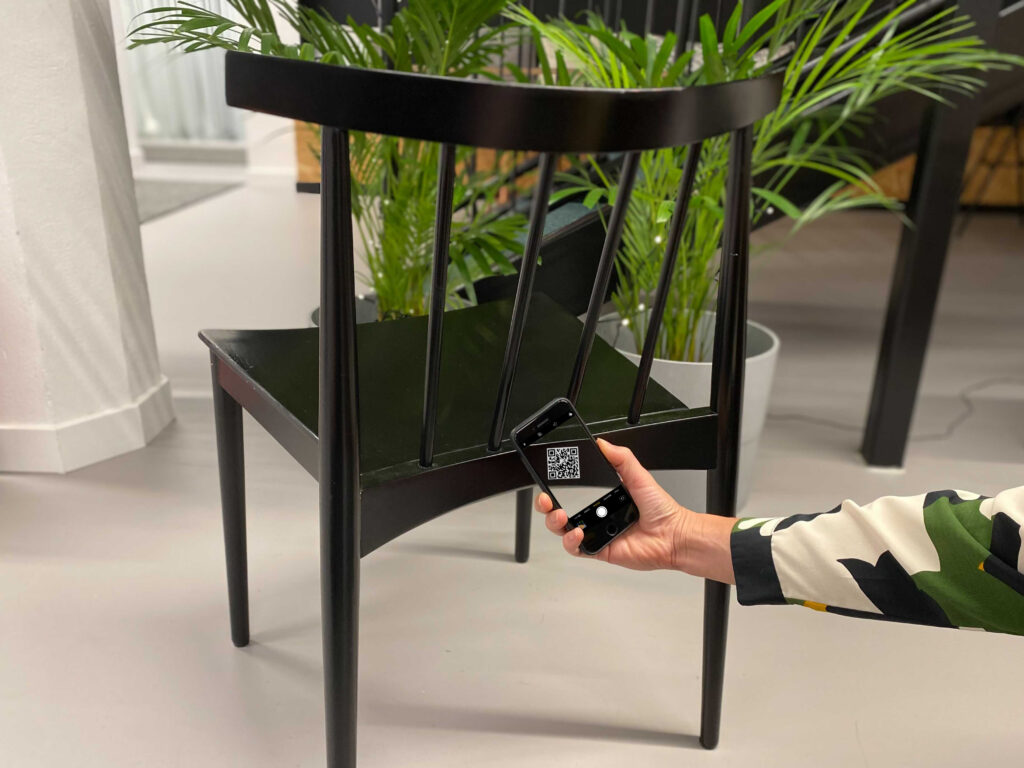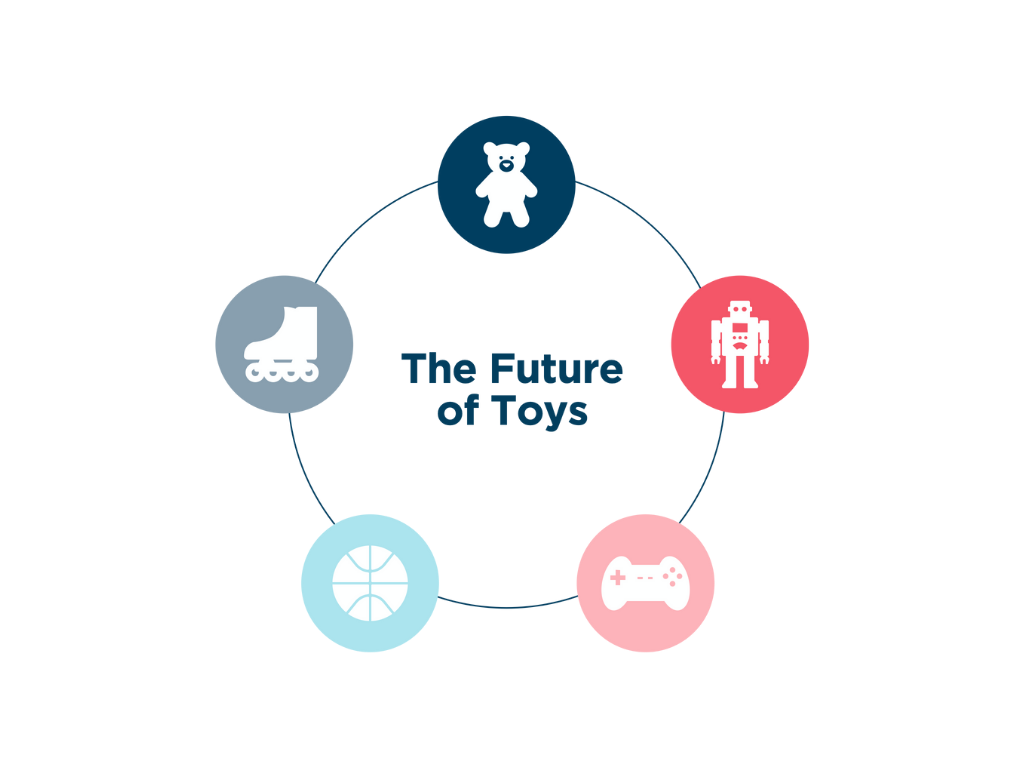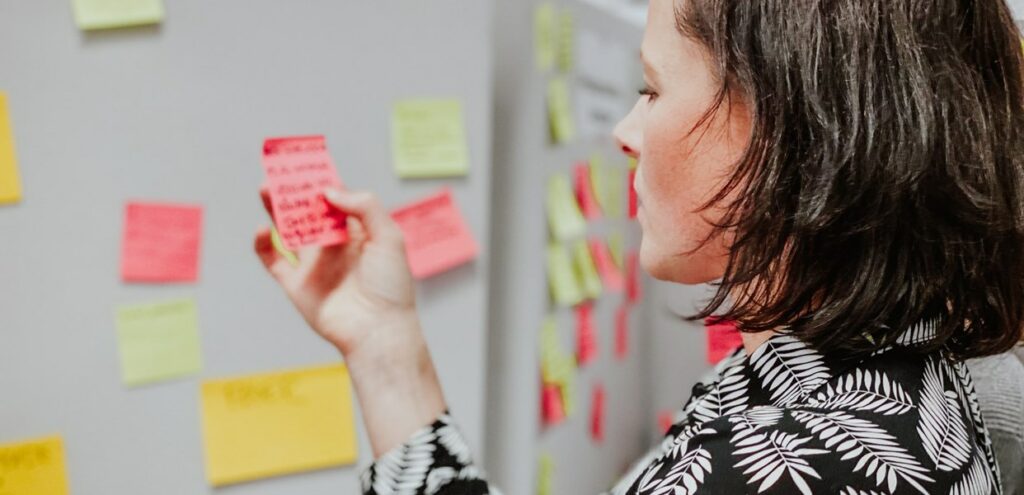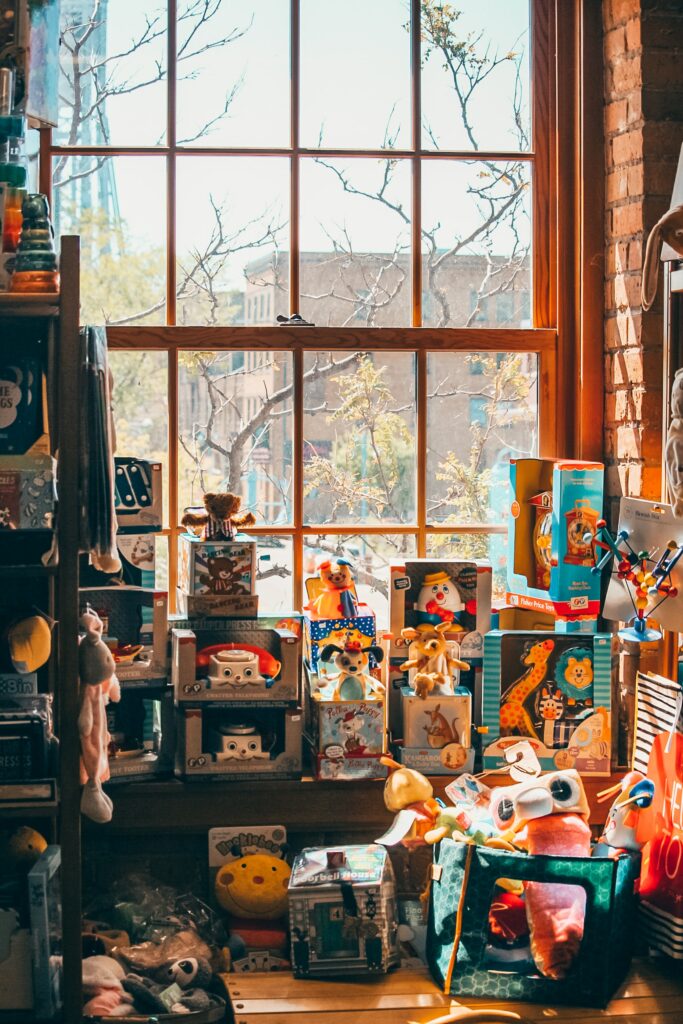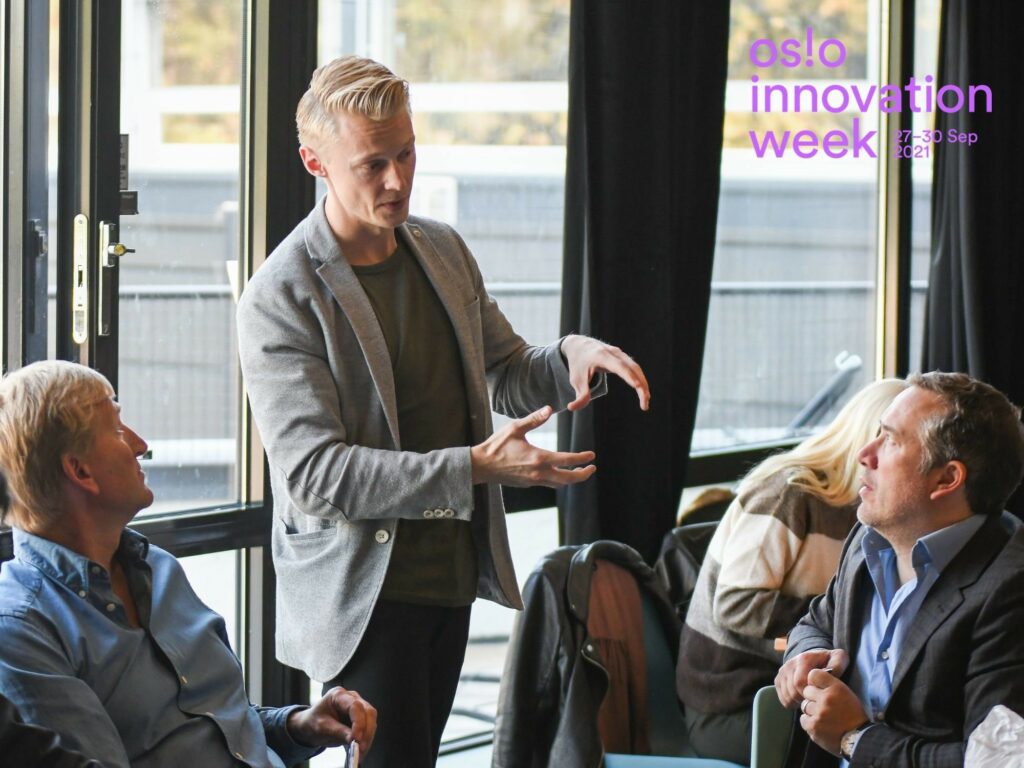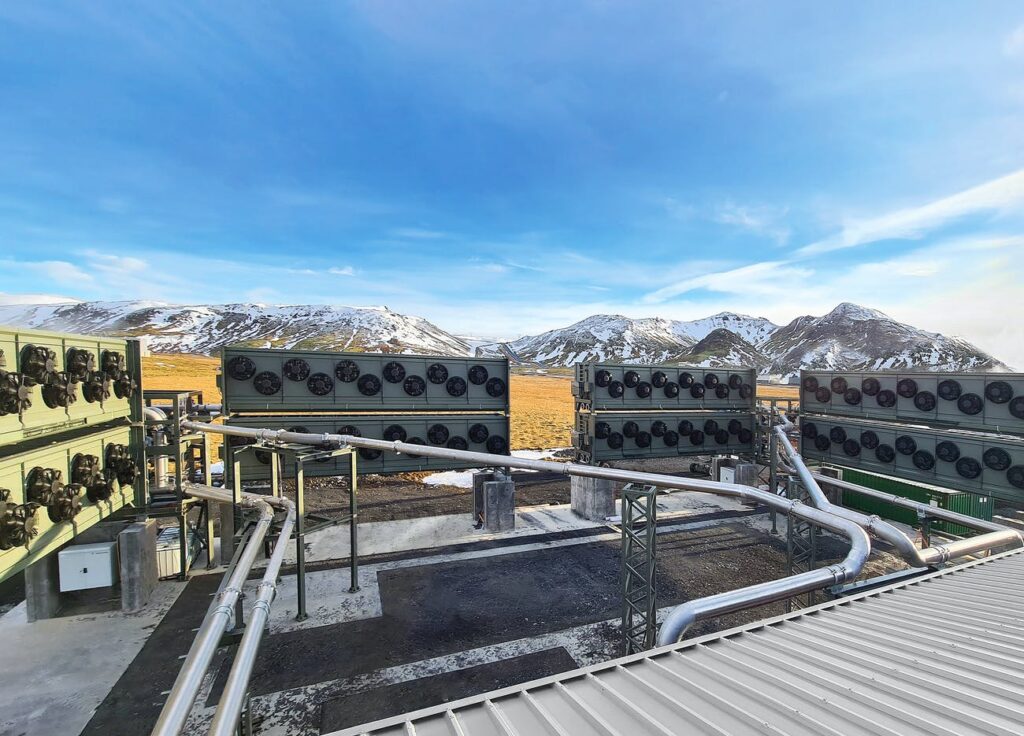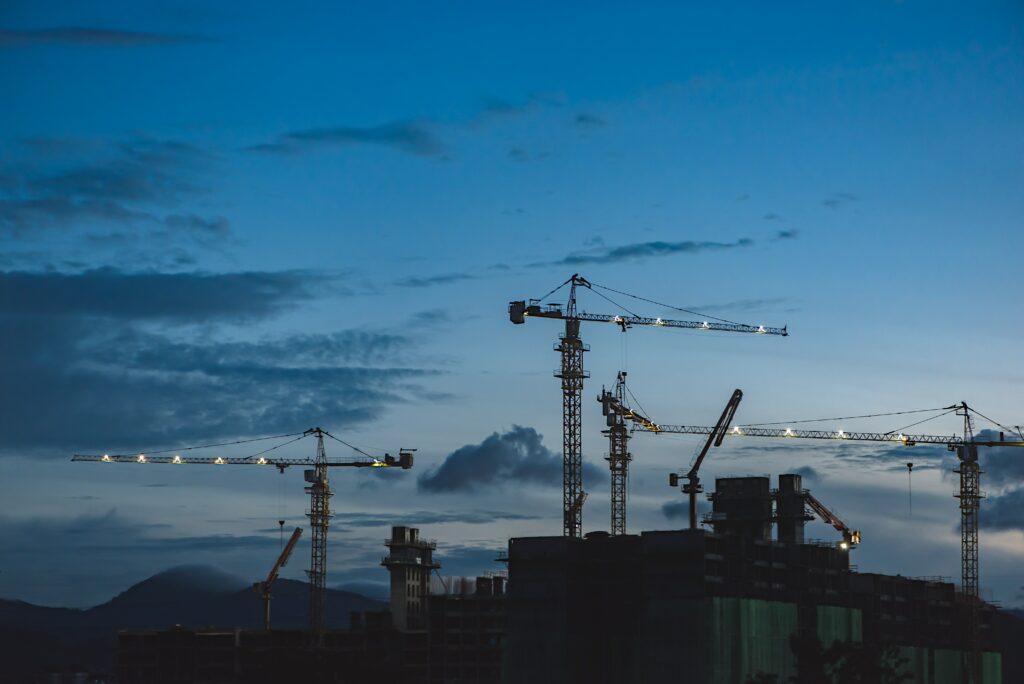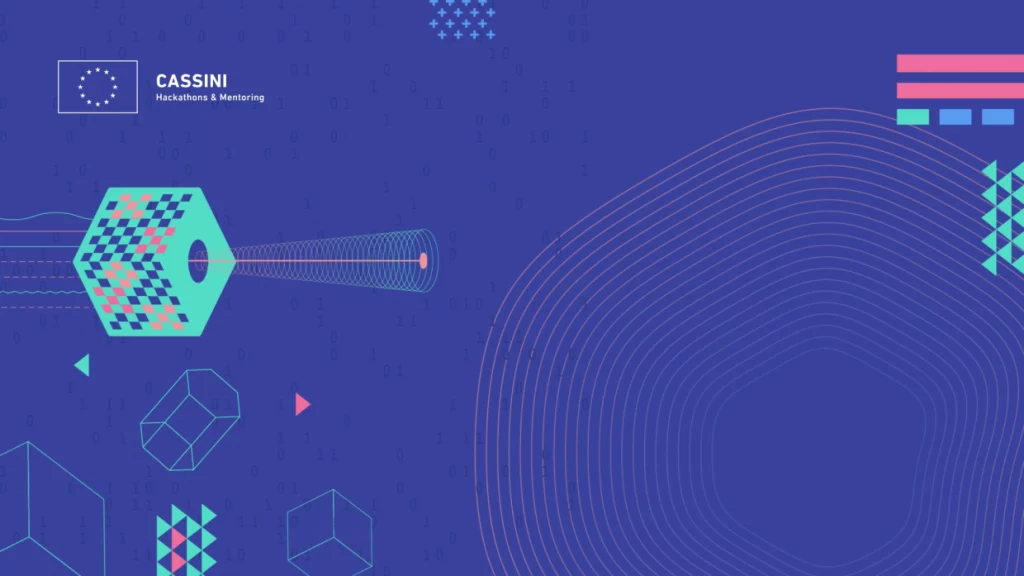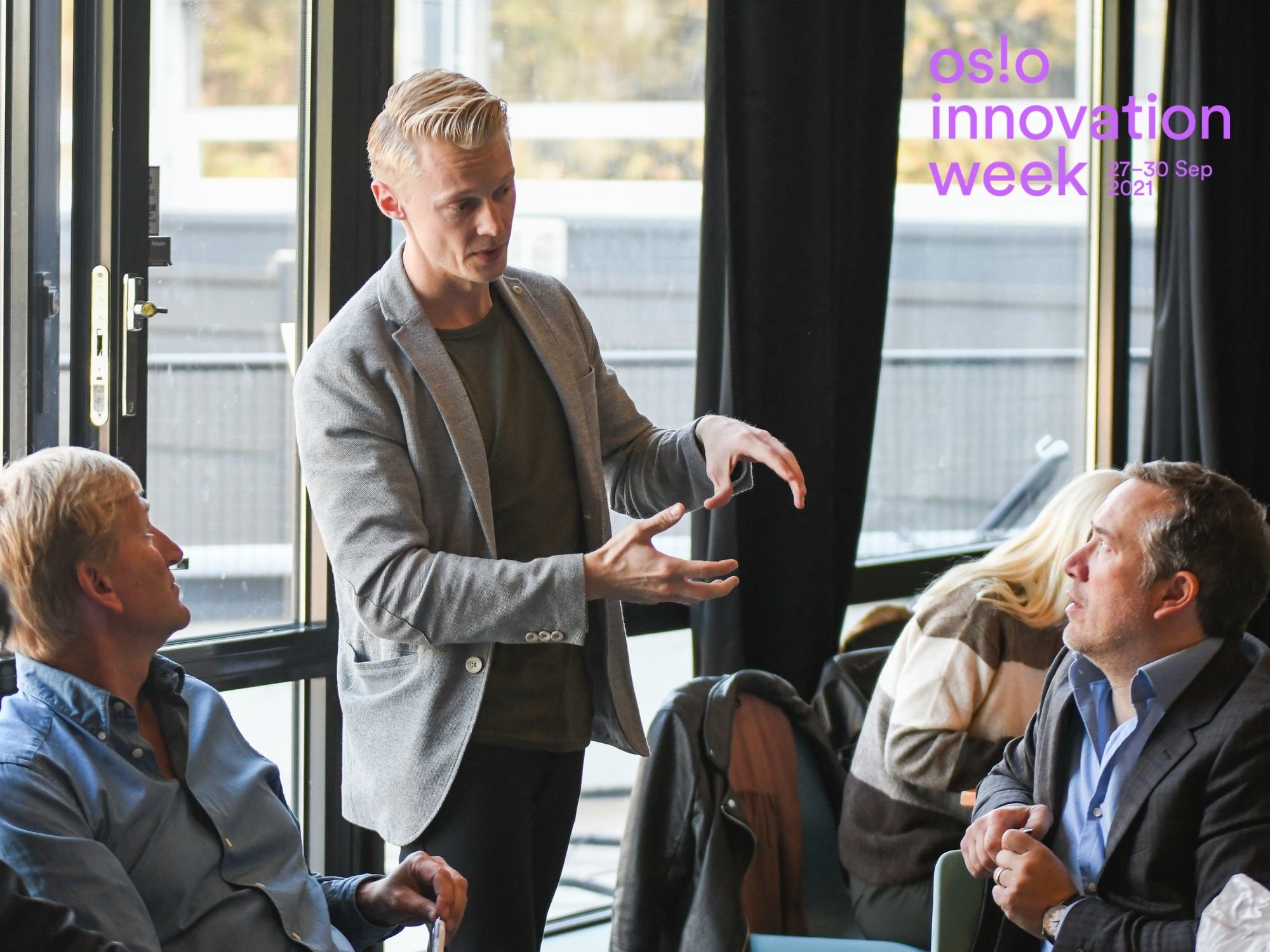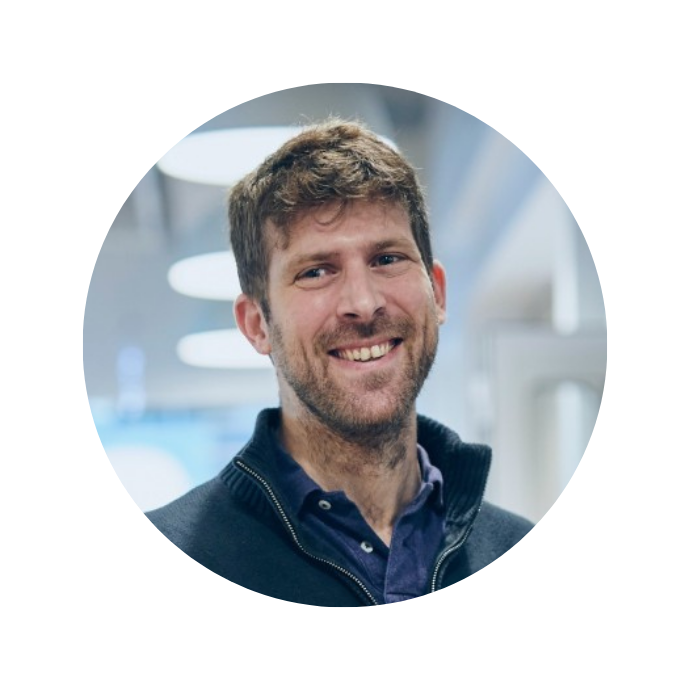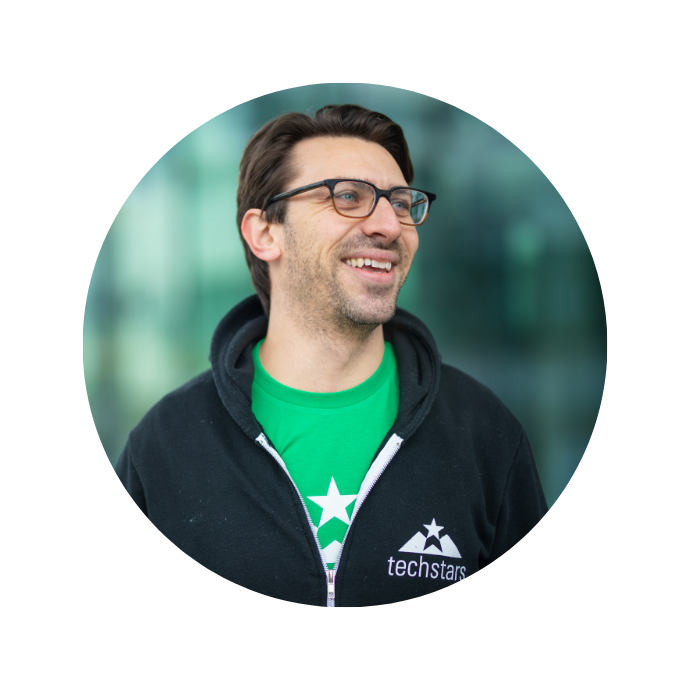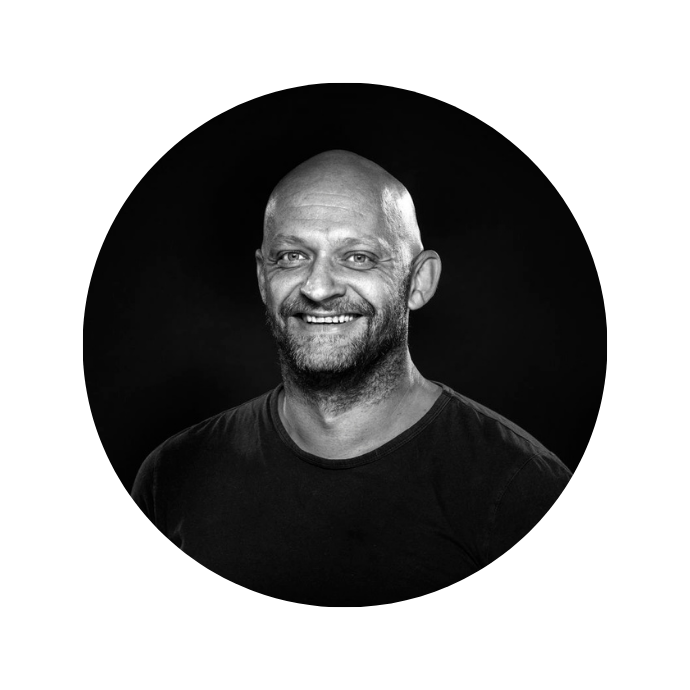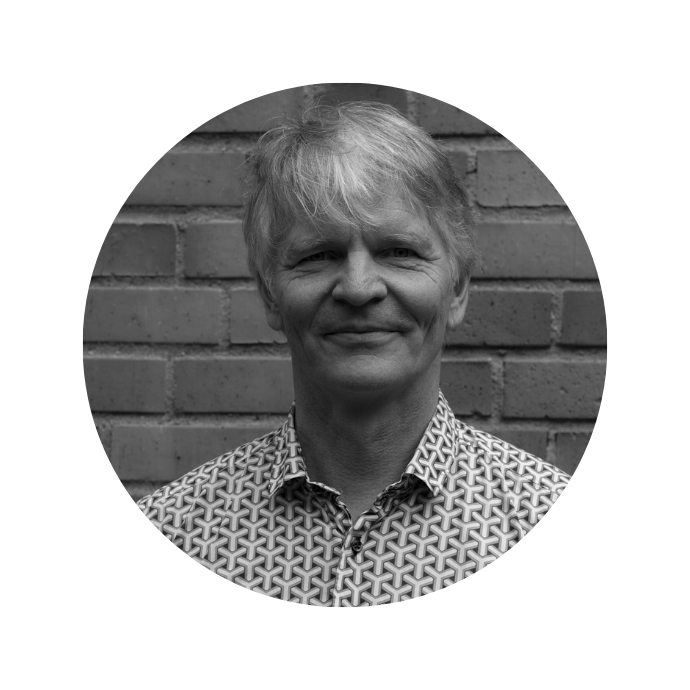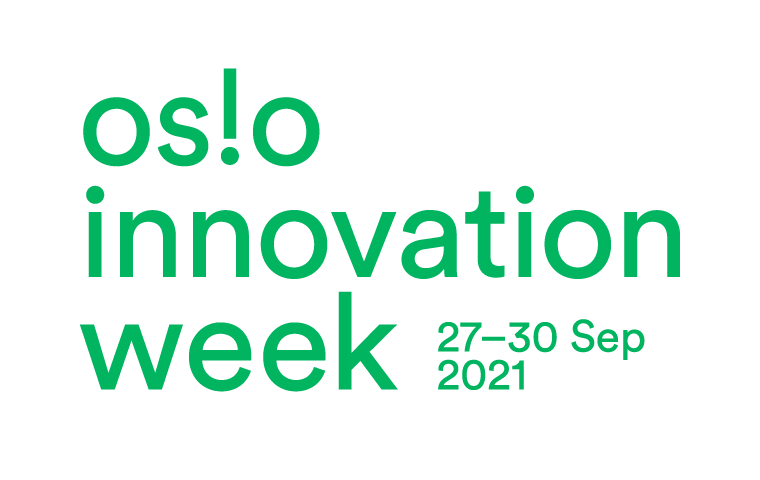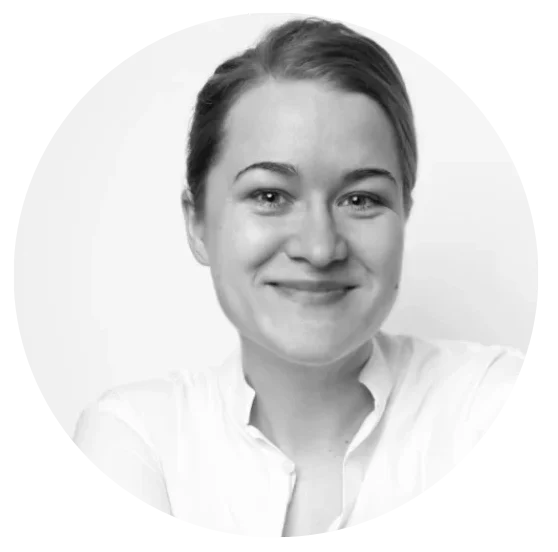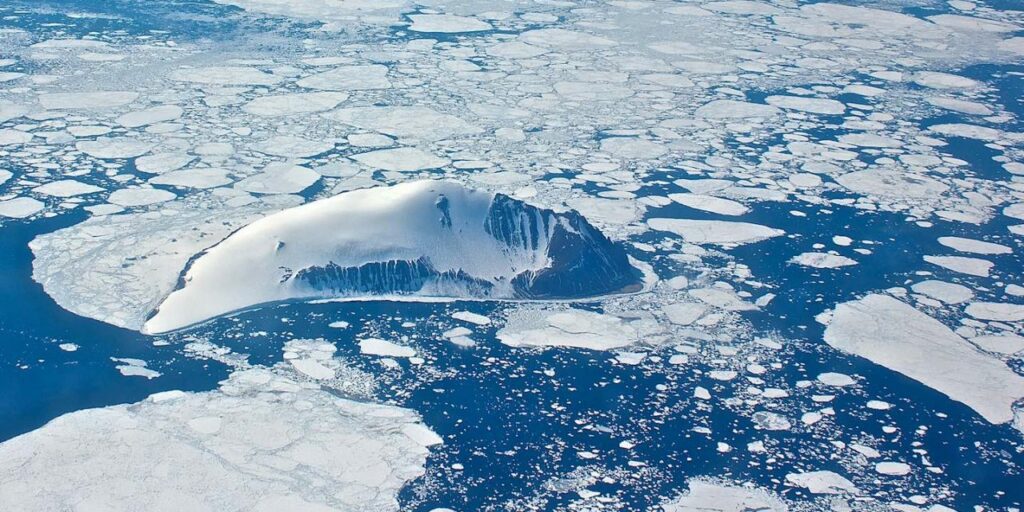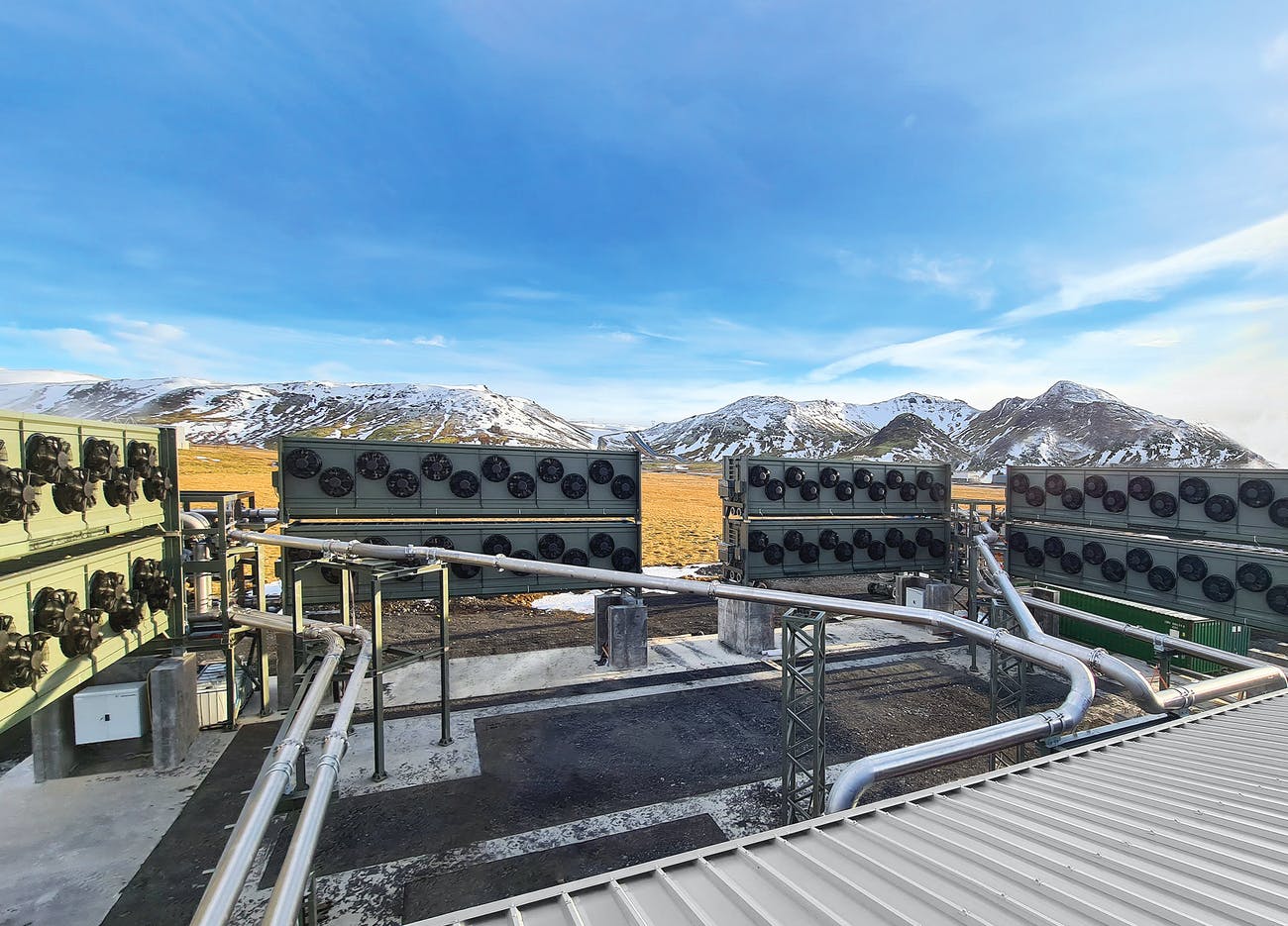IceNet – Using AI To Forecast Arctic Sea Ice Changes
A new AI tool, dubbed IceNet, could lead to improved early-warning systems to protect Arctic wildlife and costal communities.
Data scientist at the British Antarctic Survey (BAS) have published a new study in the science journal Nature Communications. The study shows that the BAS have managed to build a new AI system that can forecast Arctic sea change in a much more efficient way.
Sea ice is a vast layer of frozen water, it appears around the North Pole in the Arctic as well as around the South Pole in the Southern Ocean. It expands in the winter and shrinks in the summer naturally. Sea ice is very hard to predict because it has very complex interactions with the atmosphere above and the ocean below. Existing methods for forecasting sea ice are based on physics, so scientist write the laws of physics in computer code and use that to predict into the future. In contrast this new system, called IceNet, is based on artificial intelligence techniques called deep learning which underpin technologies like facial recognition, self-driving cars etc. The difference in this new study is that scientist at the BAS have taken one of these algorithms and made it learn how to forecast Arctic sea ice based on satellite data from the past four decades. The result is that IceNet outperformed the leading physics based models in these long range sea ice forecasts at two months and beyond, while also running thousands of times faster. IceNet could run on a laptop, while previous physics based methods would have to run for hours on a supercomputer to produce the same forecasts. The context of this is that the Arctic is a region on the front line of global warming. It has warmed at a rate of about two to three times that of the global average. This has a significant effect on the amount of sea ice in the ocean. This summer the sea ice was double the size that it was compared to forty years ago. This sudden and unprecedented decline has dramatic implications for the local wildlife and human inhabitant of the Arctic, particularly the indigenous communities who have a rich and intricate culture thats intertwined with sea ice that dates back potentially up to 40 thousand years.
BAS is hoping that the advances in sea ice forecasting ability brought forwards in their study means that people can start to zoom into the IceNet forecast and use that to help conservation workers, as well as local communities to build their resilience and adapt to future changes in Arctic sea ice.
Find out more at Britishantarticsurvey.ac.uk

